- In terms of data, nowadays a fact that data is of great value.
- It can be traded and used as a currency to access entertainment or other services…if it’s free: you’re not the customer, you’re the product!
- Alongside of this, what we’re also witnessing is a public awakening regarding the possibilities and the harms of data use.
- And we’ve seen this with:
- micro-targeting
- online manipulation
- behavioral advertising
- facial recognition for state monitoring and surveillance.
- Thus understanding the wider attitudes and changes towards data and privacy is crucial, when it comes to healthcare, where trust is paramount and mistakes can be life or death.
- And health data, as we can understand, especially images such as obtained through clinical photography, are among the most private data that we have about ourselves. Yet it’s also the key to then realizing the technology’s potential in helping to improve the wellbeing and true benefits.
- Now data being the new oil, it’s not surprising that there are many who are eager to drill and happen to source this and to feed and feel this data hungry machine learning models that they have.
- Many of us have been approached by some company wanting to do research or requesting access to images and associated data, to train and test and validate their model. With these questions arise regarding the ethics of sharing patient data in a variety of parameters, including but not limited to:
- privacy
- consent
- patient awareness of their own data
- and the ownership of that data.
- Thus, there is a clear need to have this underlying questionning in what is being done, to balance innovation and privacy with the need for better data protection methods that can evolve along with AI.
Justin Ko, MD. Ethical Considerations in AI. 8th World Congress of Teledermatology, Skin Imaging and AI in Skin diseases – November 2020







